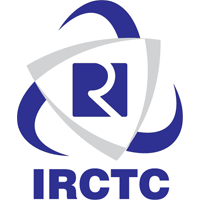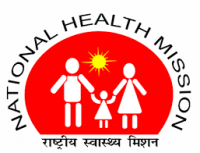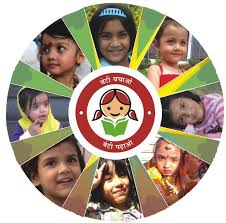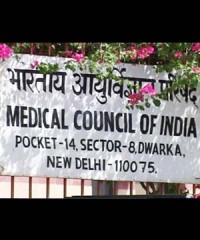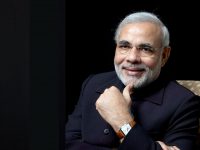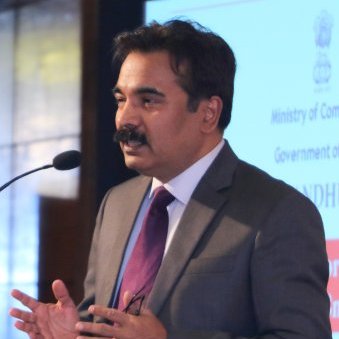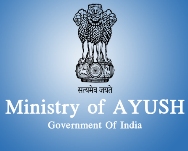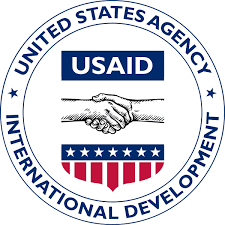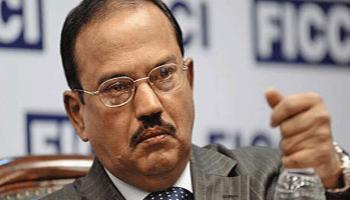Construction of the three new Institutes under Ministry of AYUSH, Government of India has been completed. These institutes are : (i) All India Institute of Ayurveda (AIIA), New Delhi: It is apex Institute of Ayurveda with 200 bedded referral hospital to impart education in the field of Ayurveda at M.D. and Ph.D level.
(ii) North Eastern Institute of Ayurveda & Homoeopathy (NEIAH), Shillong: It is a state of the art institute consisting of Ayurveda and Homoeopathy Colleges along with attached hospital of Ayurveda and Homoeopathy with 100 beds and 50 beds respectively. The objective of the institute is to provide better medicinal/clinical facilities to the people of North East Region including Sikkim.
(iii) North Eastern Institute of Folk Medicine (NEIFM), Pasighat-Arunachal Pradesh: It is the Centre of Excellence and apex research centre for all aspect of folk medicine knowledge. The objective of the institute is to provide better medical/clinical facilities in the Region.
Further, under Centrally Sponsored Scheme of National AYUSH Mission (NAM), there is provision for grant-in-aid to the State/Union Territory Governments for setting up of 50 bedded integrated AYUSH Hospital as well as setting up of new AYUSH Educational Institutions in the State where it is not available in the Government Sector including tribal and hilly areas of the country.
The National Medicinal Plants Board is implementing the Medicinal Plants component of the Centrally Sponsored Scheme of National AYUSH Mission (NAM) to promote cultivation of prioritised medicinal plants, establishment of nurseries and their post-harvest management in the States/UTs including tribal and hilly regions. For procurement of medicinal herbs, provision has been made for establishing collection centres, drying sheds & storage godown and market promotion.
The following steps have been taken under National AYUSH Mission to promote and popularise AYUSH medicinal system:
(i) Co-location of AYUSH facilities at Primary Health Centers (PHCs), Community Health Centers (CHCs) and District Hospitals (DHs).
(ii) Up gradation of exclusive State Government AYUSH Hospitals and Dispensaries.
(iii) Setting up of up to 50 bedded integrated AYUSH Hospital.
(iv) Upgradation of State Government Educational Institutions.
(v) Setting up of new State Government AYUSH Educational Institutions in the State where it is not available in Government Sector.
(vi) Public Health outreach activity to focus on increasing awareness about AYUSH strength in managing community health problems,
(vii) Adoption of villages for propagating AYUSH way of life and interventions of health care through AYUSH Gram,
(viii) School Health Programme through AYUSH by way of addressing the health needs of school going children through AYUSH,
(ix) Early prevention of non-communicable diseases and promotion of health care by way of Behaviour Change Communication (BCC) integrated with the principles and practices of AYUSH systems.
Further, the following activities are also undertaken to promote and popularize AYUSH Systems under Central Sector Scheme of Information Education Communication(IEC) :-
(i) Organization of Arogya Fairs both at the National and State Level;
(ii) Participation in Health Fairs/ Melas / Exhibitions organized by Government Departments, State Governments and other reputed Organizations;
(iii) Preparation and distribution of authentic Publicity material on AYUSH Systems including Multi-media/print media campaigns, audio visual materials for popularization of AYUSH Systems;
(iv) Providing financial assistance to reputed organizations, NGOs, educational/ research institutes for organizing Seminars, Conferences, Symposiums, Workshop, meeting, etc. on AYUSH Systems.
(v) Providing incentives to AYUSH Industry to participate in Arogya and other Fairs/ Melas/ Exhibitions/ Conferences/ Seminars etc. organized by Central/ State Governments/ Government organizations/ reputed organizations like Chemexil, Pharmexcil, CII, FICCI, ASSOCHAM, ITPO etc. at State/ National level.


